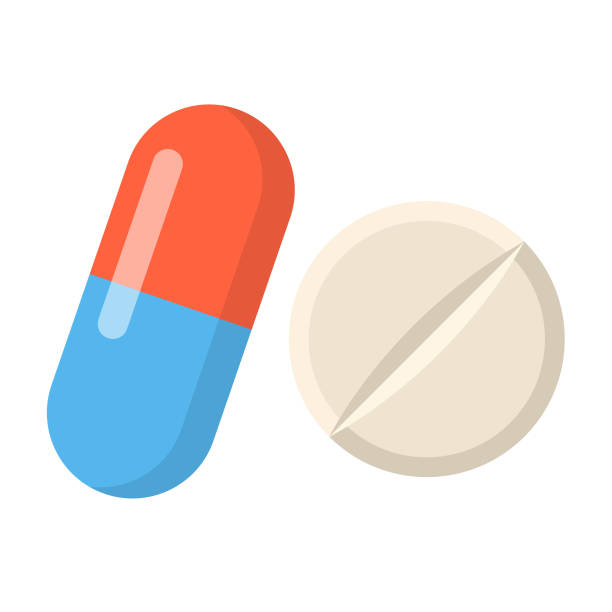Indapamide
Indications
Indapamide is indicated in the treatment of essential hypertension . It is effective in treating hypertension in patients with renal function impairment, although its diuretic effect is reduced. Indapamide is also indicated for the treatment of salt and fluid retention associated with congestive heart failure.
Pharmacology
Indapamide is a diuretic antihypertensive. It appears to cause vasodilation, probably by inhibiting the passage of calcium and other ions (sodium, potassium) across membranes. It has an extra-renal antihypertensive action resulting in a decrease in vascular hyperreactivity and a reduction in total peripheral and arteriolar resistance.
Dosage And Administration
One tablet daily preferably in the morning. In more sever case Indapamide can be combine with other categories of anti-hypertensive agent. The safety and effectiveness in pediatric patients have not been established
Interaction
Other antihypertensive: Indapamide may add to or potentiate the action of other antihypertensive drugs.
Norepinephrine: Indapamide like thiazides, may decrease arterial responsiveness to norepinephrine.
Lithium: In general, diuretics should not be given concomitantly with lithium because they reduce its renal clearance and add a high risk of lithium toxicity.
Contraindications
This drug must not be taken in the following conditions:
- Hypersensitivity to sulfonamides
- Severe renal failure
- Hepatic encephalopathy or severe hepatic failure
- Hypokalaemia
Side Effects
Side effects of Indapamide include headache, anorexia, gastric irritation,nausea, vomiting, constipation, diarrhoea etc.
Pregnancy And Lactation
There are no adequate and well-controlled studies in pregnant women and so Indapamide is not recommended. Mothers taking Indapamide should not breast feed.
Precautions And Warnings
Monitoring of potassium and uric acid serum levels is recommended, especially in subjects with a predisposition or sensitivity to hypokalemia and in patients with gout. Although no allergic manifestations have been reported during clinical trials, patients with a history of allergy to sulfonamide derivatives should be closely monitored.
Overdose Effects
Symptoms: These could include: allergies, skin rashes, epigastric pain, nausea, photosensitivity, dizziness, weakness and paraesthesia.
Treatment: Treatment is supportive and symptomatic, directed at correcting the electrolyte abnormalities.
Therapeutic Class
Thiazide diuretics & related drugs
Storage Conditions
Store in a cool and dry place. Protect from light and moisture.

